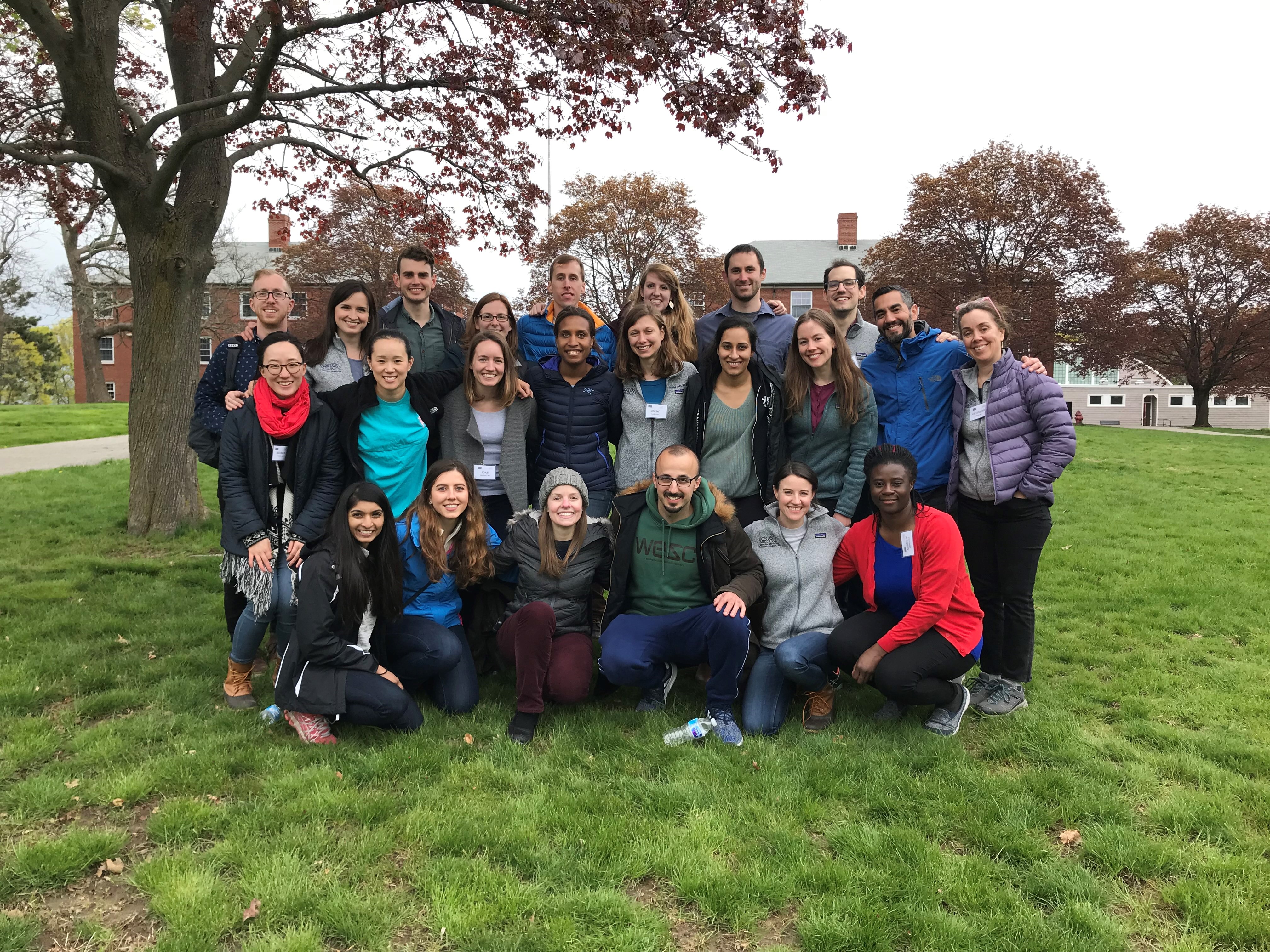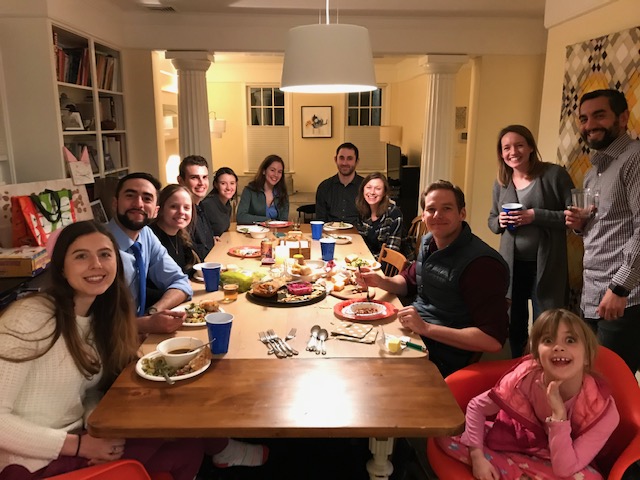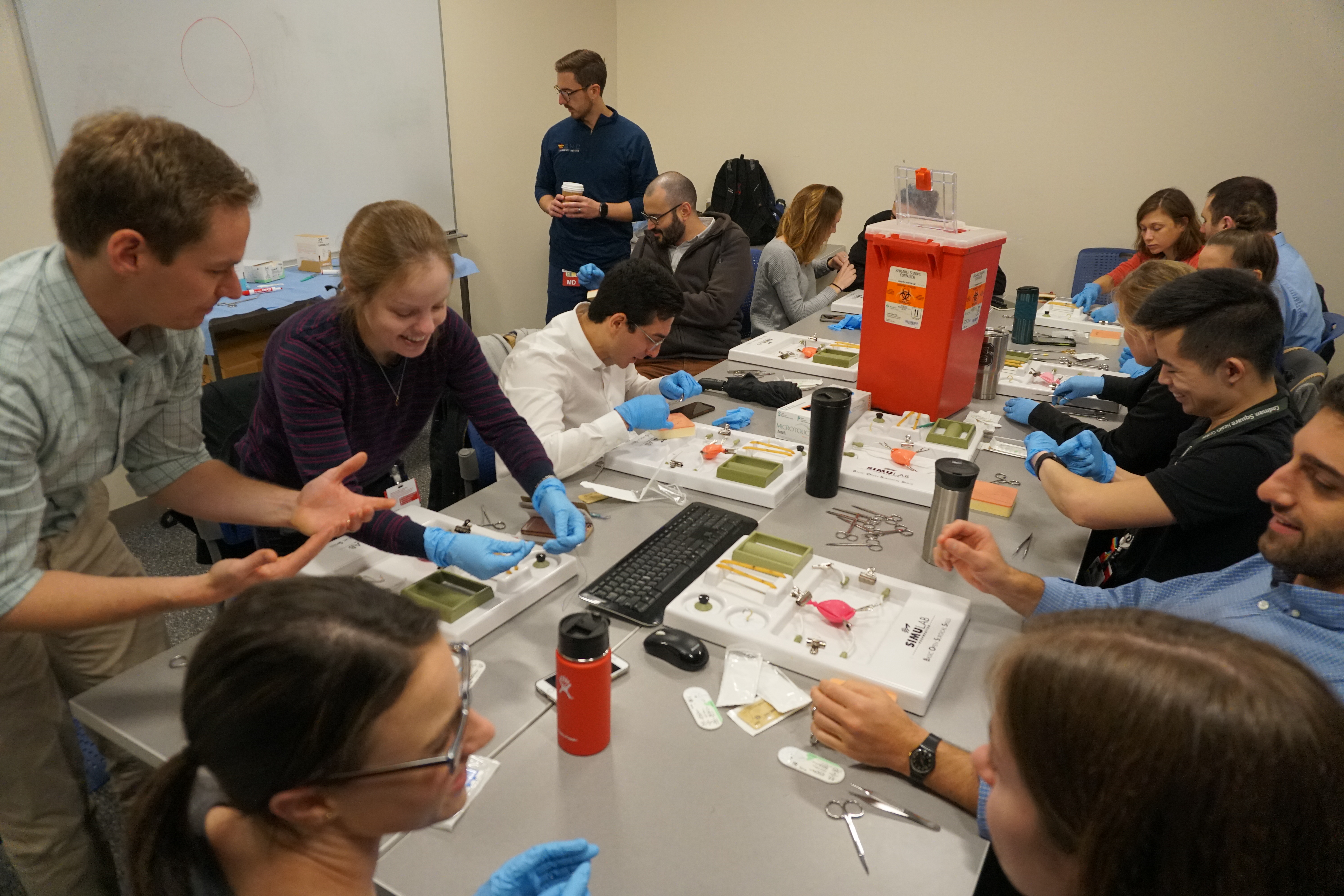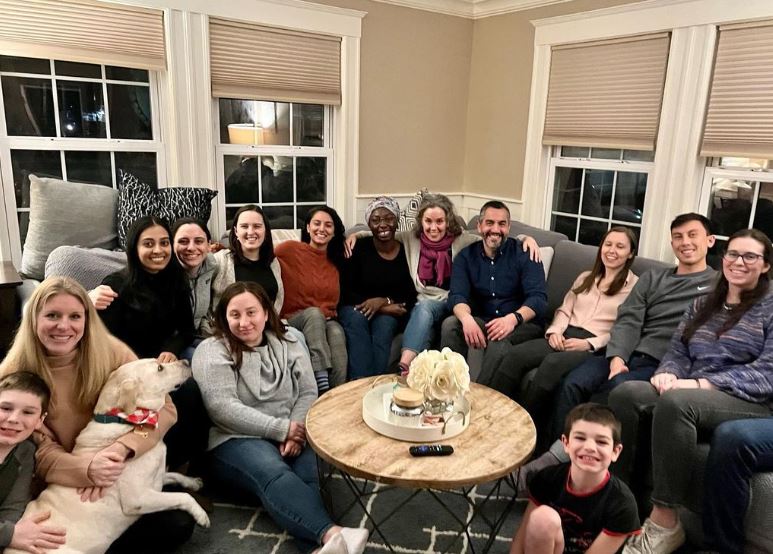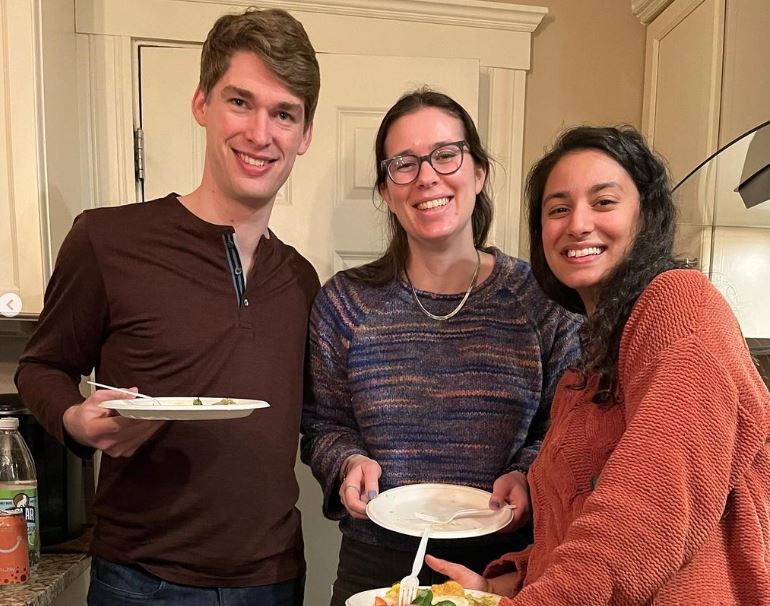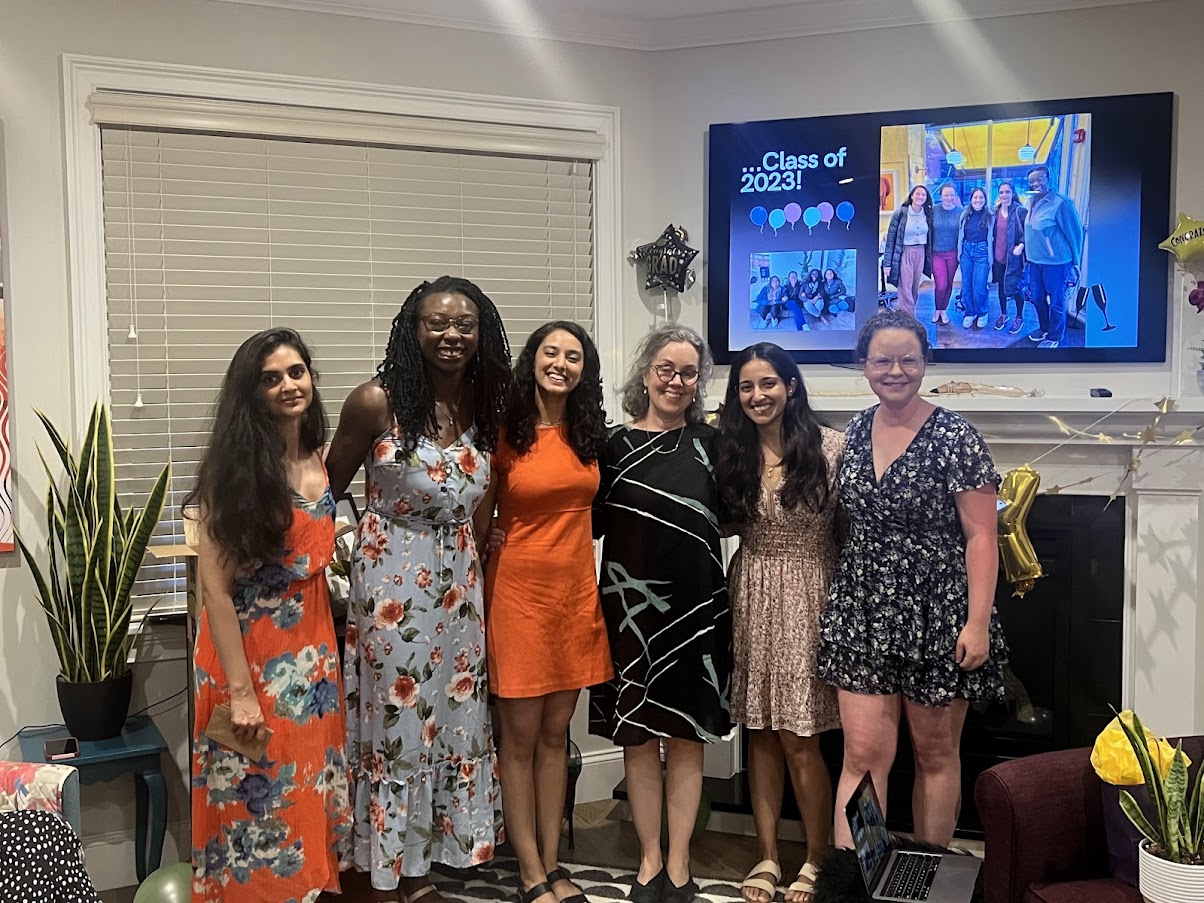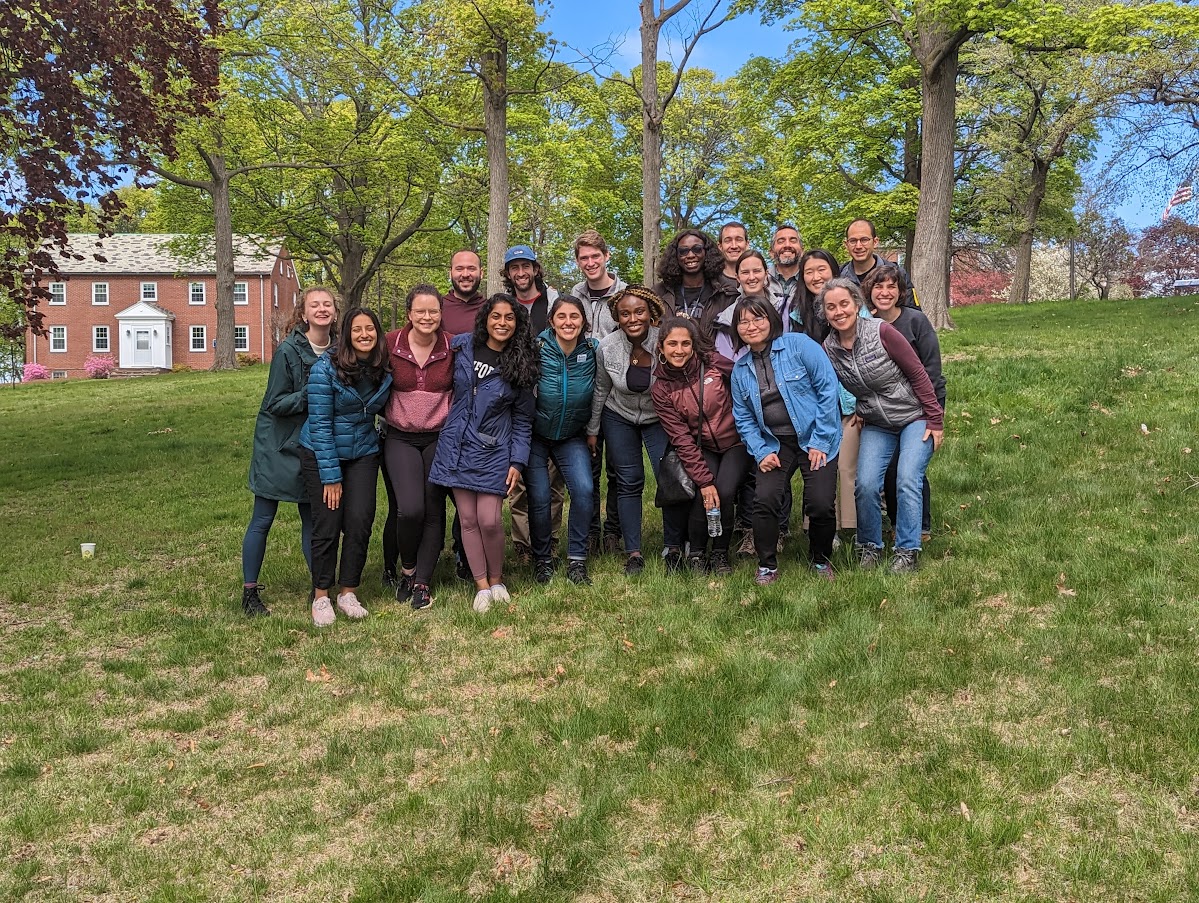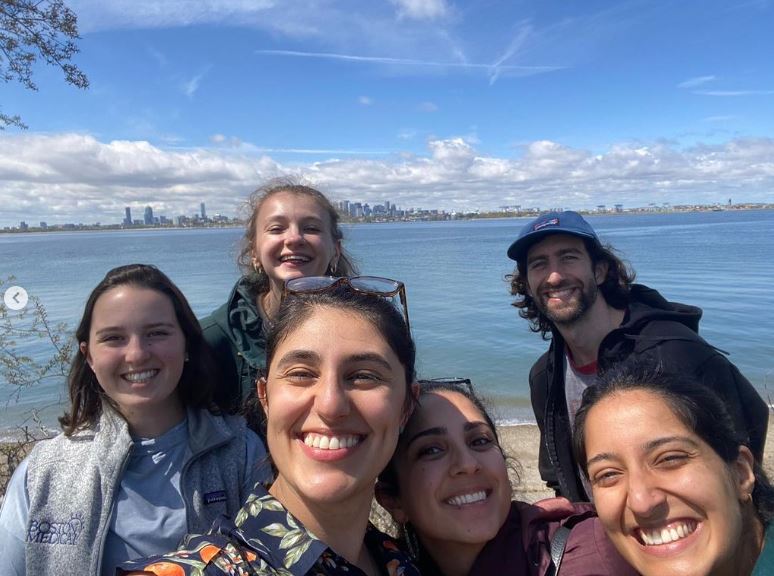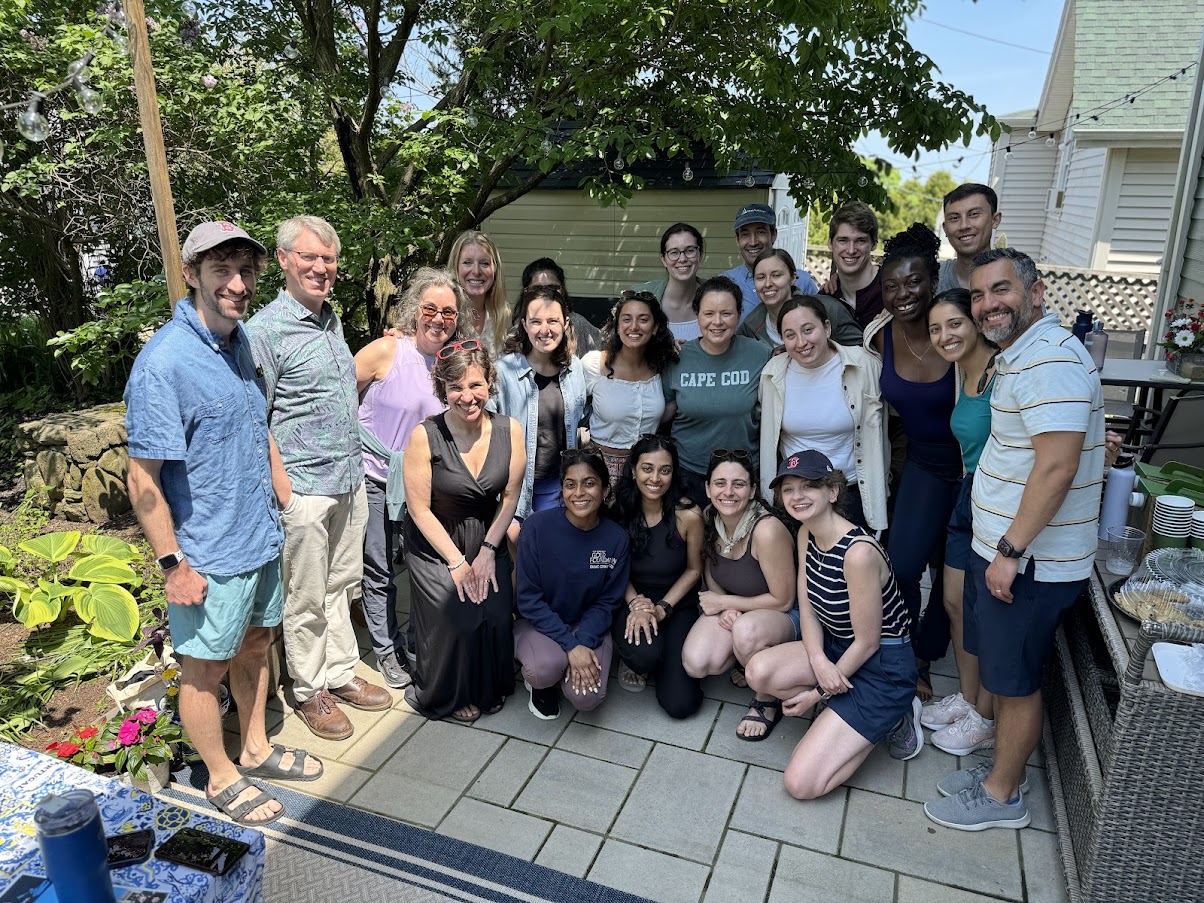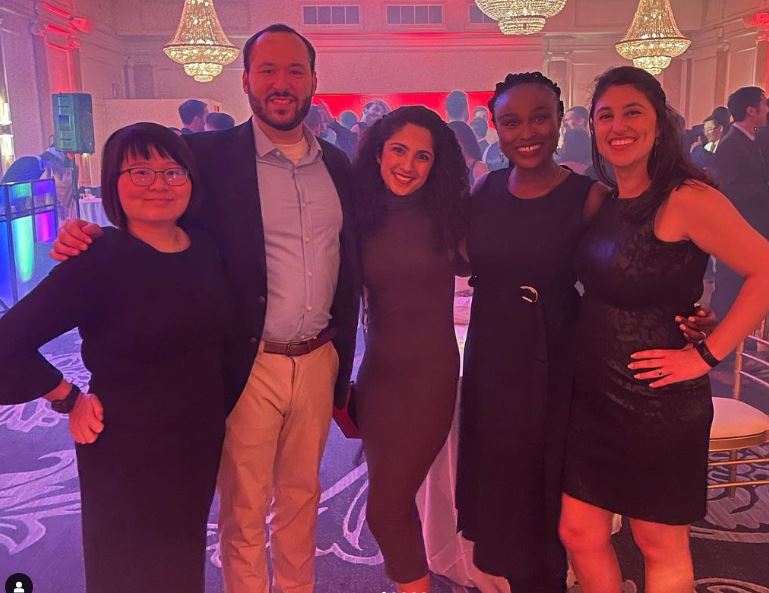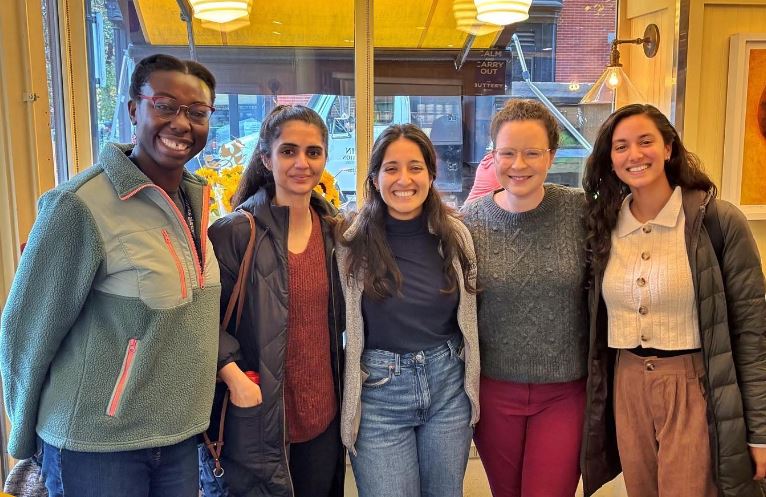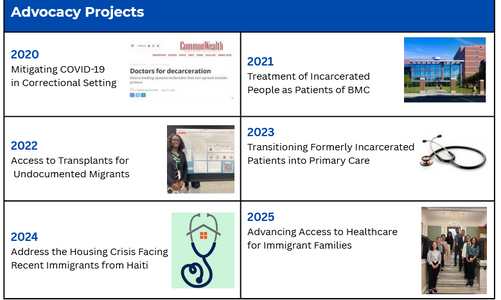Primary Care Training Program
Welcome
We’re delighted you are interested BMC’s Primary Care Training Program. Our mission is to train leaders in the primary care of underserved populations by equipping our trainees with outstanding skills in clinical care, advocacy, education, and research. We accomplish this in a collegial learning environment with an emphasis on evidence-based, comprehensive primary care practice and a commitment to addressing psychosocial factors and structural determinants of health. The global nature of our patient population enables our residents to gain a particularly wide array of clinical experiences that prepare them for independent practice anywhere.
The cornerstones of our training are our outstanding and diverse continuity clinic sites and our primary care blocks. Over 3 years of training, our primary care residents have 15 months protected for training in outpatient medicine.
Clinic Sites
Our residents practice primary care in a variety of clinical settings throughout Boston:
Crosstown
Community Health Centers
Second Continuity Clinic
The Primary Care Block
Structure
Each primary care block is composed of a continuity clinic (+1) week, didactic week, and 2 elective weeks. For PGY-1s and PGY-2s, elective weeks are generally populated by one of our core clinical immersions. After completion of core immersions, PGY-2 and PGY-3 residents have the opportunity to tailor their elective weeks to meet their specific clinical training needs or interests. The elective catalogue is broad and always evolving, but includes experiences sports medicine, behavioral health, wound care, weight management, ophthalmology, and dermatology.
| Monday | Tuesday | Wednesday | Thursday | Friday | ||
| Clinic week | AM | Subspecialty clinic: ID | Subspecialty clinic: ID | Health equity pathway time | Administrative time | Academic half day |
| PM | Continuity clinic | Continuity clinic | Continuity clinic | Refugee clinic | Continuity clinic | |
| Didactic week | AM | Intern toolkit: Advocacy 101, Correctional Health 101
PGY-2/PGY-3: DM 201 – Continuous Glucose Monitoring in Practice |
PGY-2/PGY-3: Headache for the PCP
All: Telephone Medicine |
Intern toolkit: MDD/GAD 101, Addiction Medicine 101
PGY-2/PGY-3: Travel Medicine for the PCP, ID Cases for the PCP |
Intern toolkit: Immigrant Health 101
All: In-basket management |
Intern toolkit: DM 101
PGY-2/PGY-3: TIA/Stroke for the PCP All: Managing multiplexity in geriatric patients |
| PM | Intern toolkit: Scholarship 101
PGY-2/PGY-3: Doctor-patient communication |
All: Preconception and early pregnancy care, Advocacy project brainstorm | Intern toolkit: Addiction medicine walking tour | All: Low back pain, smoking cessation | Self-study | |
| Core immersion:
Women’s Health |
AM | Breast clinic | Women’s Health primary care | LARC clinic | Self-study module: Contraception | Breast clinic |
| PM | Self-study module:
Abnormal uterine bleeding |
Self-study module: Breast health | Self-study module: Early Pregnancy care | Women’s Health primary care | Self-study module: Menopause | |
| Core immersion: Geriatrics | AM | Home-based primary care | Home-based primary care | Nursing home | PACE program | Self-study |
| PM | Home-based primary care | Home-based primary care | Nursing home | PACE program | Self-study |
Curriculum
The didactic week curriculum is composed of interactive sessions covering key clinical content domains in primary care, procedural simulations, health systems and policy, primary care innovation, health equity, and professional development. Sessions are delivered by content experts and core faculty in our primary care track, and include plenty of opportunities for peer teaching. To see a detailed curriculum map from previous years, click here.
The additional ambulatory training gave me an edge over other new residency grads when I first started practicing. I felt much more comfortable in areas of outpatient medicine that are not traditionally part of an IM residency experience. – Quote from our alum
After Graduation Plans
The majority of our graduates go on to practice primary care in a variety of settings: academic, community health, private practice – some after generalist fellowship in GIM fellowships, Addiction Medicine fellowships, and Geriatric fellowships. Click below for graduates for the past 5 years.
PC Alumni- What did they do after residency?
PCTP Community
The primary care program offers a smaller community within the larger residency community. We seek to foster this community through a number of social and professional development events outside the hospital which offer the opportunity for residents to engage together and with our wonderful faculty, including a summer BBQ, multiple potlucks, an annual retreat, and graduation.
Annual Advocacy Project
Read More Here
Resident Scholarship
Read More Here
FAQ
What if I’m not sure about a career in primary care? Should I still apply?
We encourage applications from anyone considering a career in primary care; the interview process can be a useful opportunity to understand more about careers and training in primary care.
How does the primary care training differ from categorical clinical training?
Primary care residents receive identical inpatient training opportunities to our categorical residents, including MICU and subspecialty wards rotations, at both BMC and the West Roxbury VA. They are also scheduled for an equivalent amount of elective time. Primary care residents receive additional outpatient clinical training through core immersions and didactics during their primary care block, for a total additional 6 months of outpatient training.
Where do primary care residents have their continuity clinics?
Primary care residents may have their continuity clinic practice at one of our affiliated community health centers, VA, or large hospital-based primary care clinics. Primary care residents also receive priority placement at second continuity clinics during their PGY-2 and PGY-3 years.
Are primary care residents still incorporated into the overall residency?
Yes! Primary care residents are integrated into our X+Y system, just like categorical residents; that is, they rotate through their clinic weeks (Y or +1 weeks) with residents from both the primary care and categorical tracks. As a result, primary care residents enjoy the opportunity to be part of two communities within the larger residency community: the community of the primary care program, and that of their clinic group.
Can primary care residents participate in residency pathways?
Yes! Primary care residents may participate in any of our residency pathways. Particularly popular among primary care residents are the Health Equity, HIV, and Medical Educator pathways.
